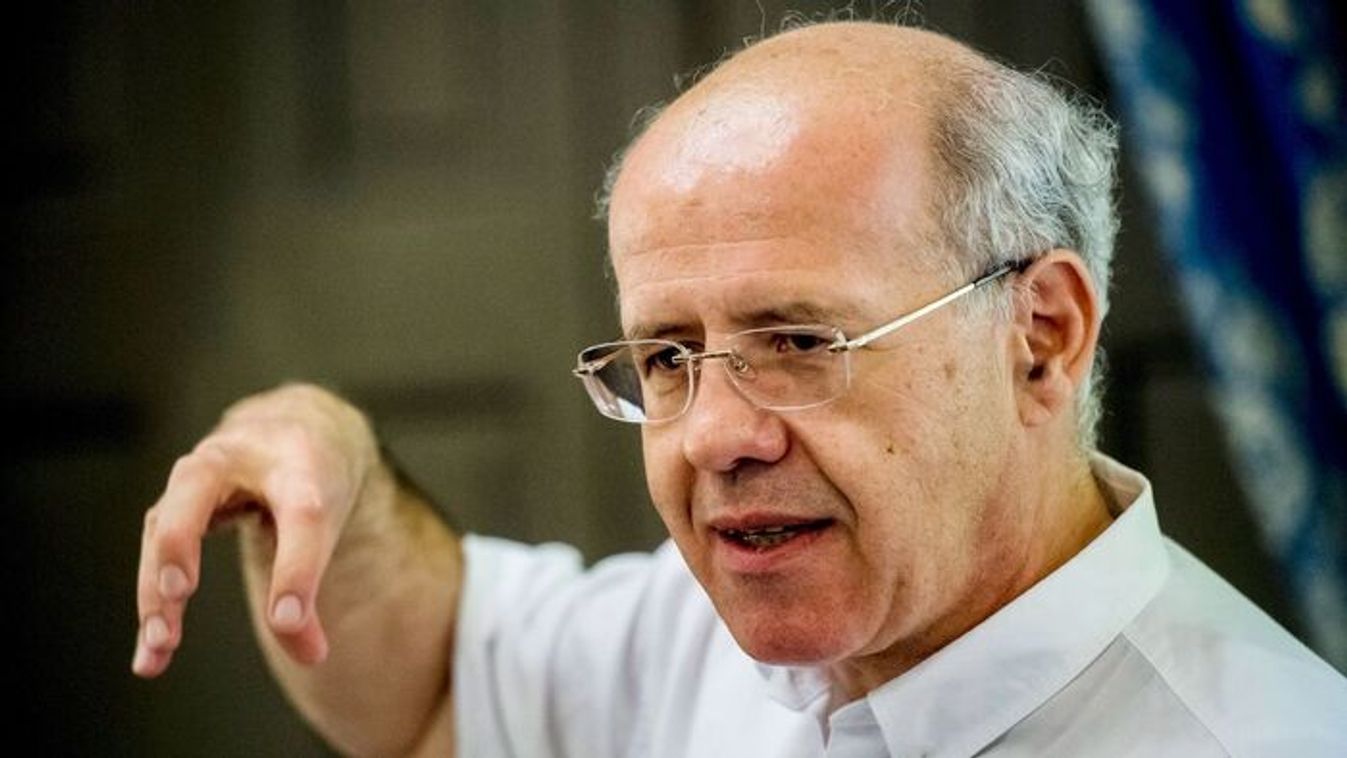Rajtakapták Tölgyessy Pétert: teljesen elferdítette a valóságot, konkrét adatokkal cáfolták meg az állításait

„Az üzenet világos, tömör, és tökéletesen hamis”– írta Sebestyén Géza.

The trouble with Hungary is that it desperately wants to be like Austria, its old partner-in-empire, but is looking far too much like Greece.
"Viktor Orban certainly has been radical. He introduced a flat income tax of 16 percent in 2011, but that failed to boost demand and reduced government revenue, putting further pressure on the deficit. Most controversially, his government took control of independent institutions. It changed the law on the central bank to strip its governor, Andras Simor, of the right to nominate members of the interest-rate committee. It then proceeded to pack the committee with government appointees. Simor's salary was cut by 75 percent, in a less-than-subtle effort to persuade him to leave. He stayed.
The result was a standoff between Hungary and the rest of the EU and a block on Hungary's bid for bailout aid. The Hungarian Parliament revised the central bank law, and talks with the International Monetary Fund started on July 19. They're unlikely to go quickly, as the IMF officials are demanding a 'strong policy framework', with the clear implication that they don't think Orban's current policies qualify.
The bottom line, Peter Akos Bod said in his lecture, is that the government's policies don't work. Austria hasn't been doing so well either in recent years, but unlike Hungary, where GDP fell 0.7 percent in the first quarter, it is growing. That'll make catching up with the rich neighbors a lot harder."